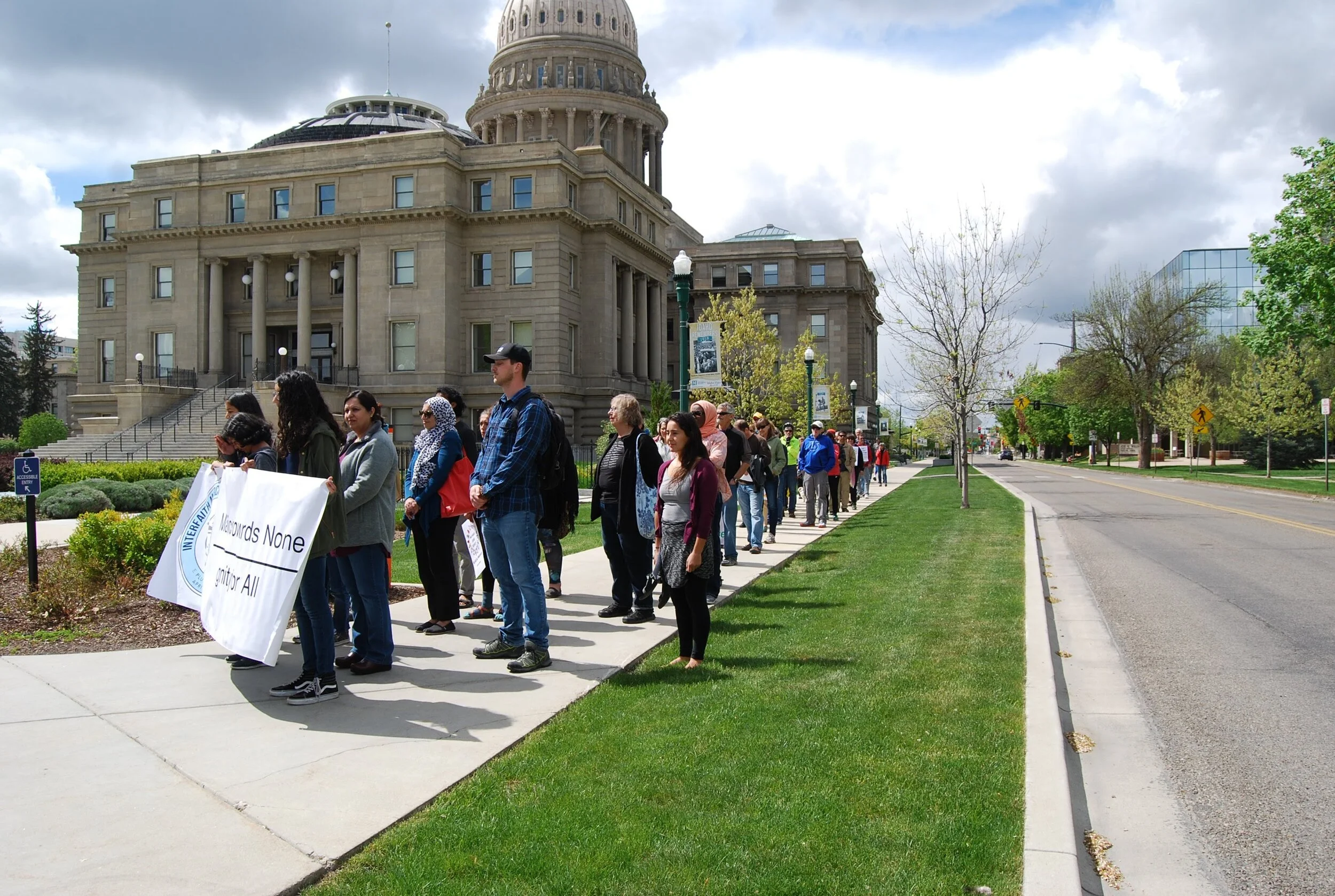Featured Peacemaker: Abdullah Saeed
An Interview with Abdullah Saeed
I had the privilege of meeting Abdullah Saeed last year when he spoke about freedom of religion at Stanford University. I have read many of his articles in the past and have always felt that he is a true peacemaker. His book on religious freedom is an important work that anyone concerned with Christian-Muslim relations or peace should read.
1. What led you to write about freedom of religion?
My interest in this topic is closely related to my experience living among people of different faiths in Australia. Before that, I lived in Muslim-majority countries like the Maldives, Pakistan and Saudi Arabia, where the issue of religious freedom wasn’t discussed very much. Perhaps one doesn’t fully realize the importance of this until he or she is actually in the minority. In Australia, where Muslims are a minority, I felt the importance of religious freedom as a deeply personal issue. As a Muslim I was able to practice my religion freely, without restrictions or government pressure to behave in a way that might contradict my religious beliefs. So I started reflecting on the importance of religious freedom, and the more I thought about it the more I realized how fundamental it is to our existence.
2. Why do you think freedom of religion is important?
For me, freedom of religion is one of the most important rights a human being can enjoy. Whether we are born into a particular religious tradition or are choosing one, religion is still an important part of our identity. No authority should prevent us following what we think is appropriate for us in terms of faith. To deny this is to deny one’s identity and conscience. Suppression can also lead to enmity between people and ultimately the destruction of our social fabric. This means that freedom of religion is important for us as individuals and also for the functioning of the community. As a Muslim it is also important because our scripture is very clear that faith should be based on sincerity, and there should be no force or coercion in that choice.
3. What keeps some Muslims from embracing religious freedom?
There are some Muslims who do not support freedom of religion. These Muslims are comfortable to have freedom to practice their religion; however, they may not be prepared to allow people from other faiths to freely practice their religion, particularly if they form a minority in a Muslim-majority context. Some Muslims feel that if there is freedom of religion, non-Muslims may entice Muslims to move away from Islam. I think this is an unfounded fear. We do not see large numbers of people moving from one religion to another. Even if there is movement between religious traditions, for the greater good we should be comfortable with this. This is an individual’s choice. At the end of the day, freedom of religion is about one’s connection to God, and this must be based on personal choice, conviction, and sincerity.
4. How can Christians partner with Muslims to work for religious freedom?
Christians and Muslims comprise over 50% of the world’s population. While there are different denominations in both traditions, collectively, Muslims and Christians need to look at the benefits of religious freedom and learn from the experience of societies where this freedom does not exist. We can agree on common core principles and values like the importance of sincerity in faith and the need to let people decide for themselves how they want to connect to God. They could develop broad guidelines to prevent unethical behaviour in outreach activities, such as targeting the poor or needy to entice them to a particular faith. We can also work on a range of projects to promote accurate understandings of the other faith and what it teaches about religious freedom or counter misunderstandings or misinformation. Even though there are some Muslims who are deeply suspicious of the very idea of religious freedom, there are many Muslims who see the importance of it and are prepared to defend this right for both Muslims and non-Muslims.
Abdullah Saeed is the Sultan of Oman Professor of Arab and Islamic Studies at the University of Melbourne. He earned a Bachelor of Arts in Arabic and Islamic Studies from the Islamic University of Medina and holds a Ph.D. in Islamic Studies as well as a Master of Arts in Applied Linguistics from the University of Melbourne. He has written on religious freedom, Quran interpretation, and Islamic banking, among other topics in the field of Islamic studies.











